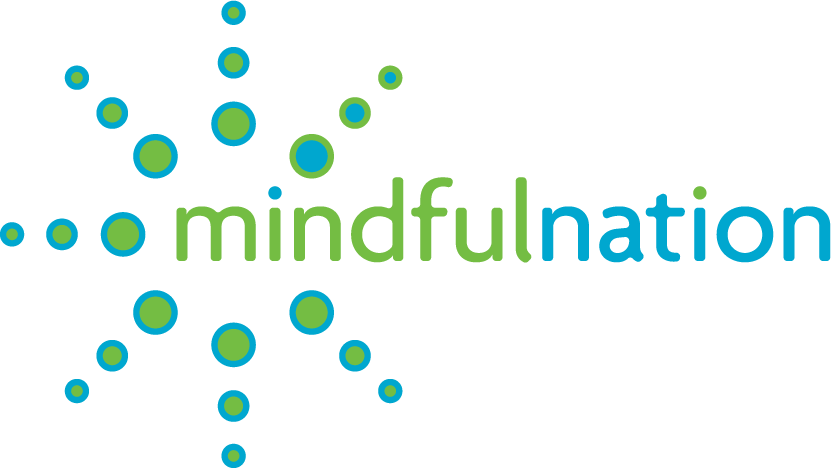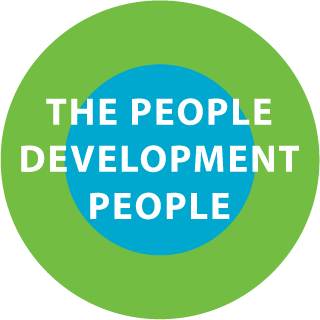
Emotional Intelligence
“Agility is principally about mindset, not practices.”
– Jim Highsmith: Author, Software engineer.
At Mindful Nation we’re all about people development, with a particular focus on personal effectiveness. One measure of your personal effectiveness is the extent to which you can read the emotional and interpersonal or ‘social’ needs of a situation and respond accordingly. This is called ‘emotional intelligence’ – EQ for short. ‘Agility’ is the ability to do that even if it’s difficult.
Interestingly, our quote this month is from an American software engineer and author of books in the field of software development methodology. Highsmith refers to ‘mindset’ rather than physical movement, and whilst he’s referring to the digital realm, this also applies to us as humans.
Research done by John Wiley & Sons, global leader in research and education, has identified eight separate EQ mindsets. No one mindset is more valuable than the others, the skill is in learning which one to use in any given situation.
All of us will have some of these mindsets that come more easily to us, and others that we find challenging. We tend to use the same familiar mindsets that we are comfortable with even in situations where they are not effective. And that can cause unnecessary conflict, stress, wasted energy, and potentially spoil relationships, both professionally and personally.
Learning about the eight EQ mindsets and how to stretch into the ones that don’t come naturally to you expands the range of options available to you. That provides you with the agility to reach for a useful and effective response, regardless of the situation you find yourself in. And that builds resilience.
Experts in the field of EQ maintain that everyone can grow their competency with these mindsets and develop the social and emotional skills necessary for effective teamwork, creative problem-solving, active listening, self-reflection, empathy, objectivity and assertiveness.
This means we can adapt more easily to new situations, connect more effectively with people who are very different from ourselves, and get on with the job at hand.
We live in a time of massive change and uncertainty. The last few years have significantly disrupted the way we work and engage with our colleagues, clients and customers, suppliers and everyone else in our professional lives. The verb ‘pivot’ has become a word we now use to describe both business and individuals adapting and changing quickly to avoid potential threat and take advantage of potential opportunity.
Our personal ability to ‘pivot’ towards using the most effective mindset in any given situation allows us to avoid the potential issues caused by using a mindset that is a mismatch to the circumstances and build more productive and effective relationships.
Developing Agile EQ helps develop resilience – successfully adapting to difficult or challenging life experiences, and agency – the feeling of being in the driver’s seat when it comes to our actions. It will take some time and effort, but the return is well worth it, and the benefits long-lasting.
We work with Wiley’s Agile EQ Profile and offer it as an additional module to our Personal Effectiveness Program.
PS: ‘Agile’ is often used in the context of software development or project management and is seen to be a quality necessary to remain competitive in a professional world that is increasingly interdependent, fluid, and unpredictable.
Image credit: Brett Jordan – Unsplash
-
Anti-fragile
October 3, 2022 -
Emotional Intelligence
September 5, 2022 -
Self-Awareness
August 1, 2022







